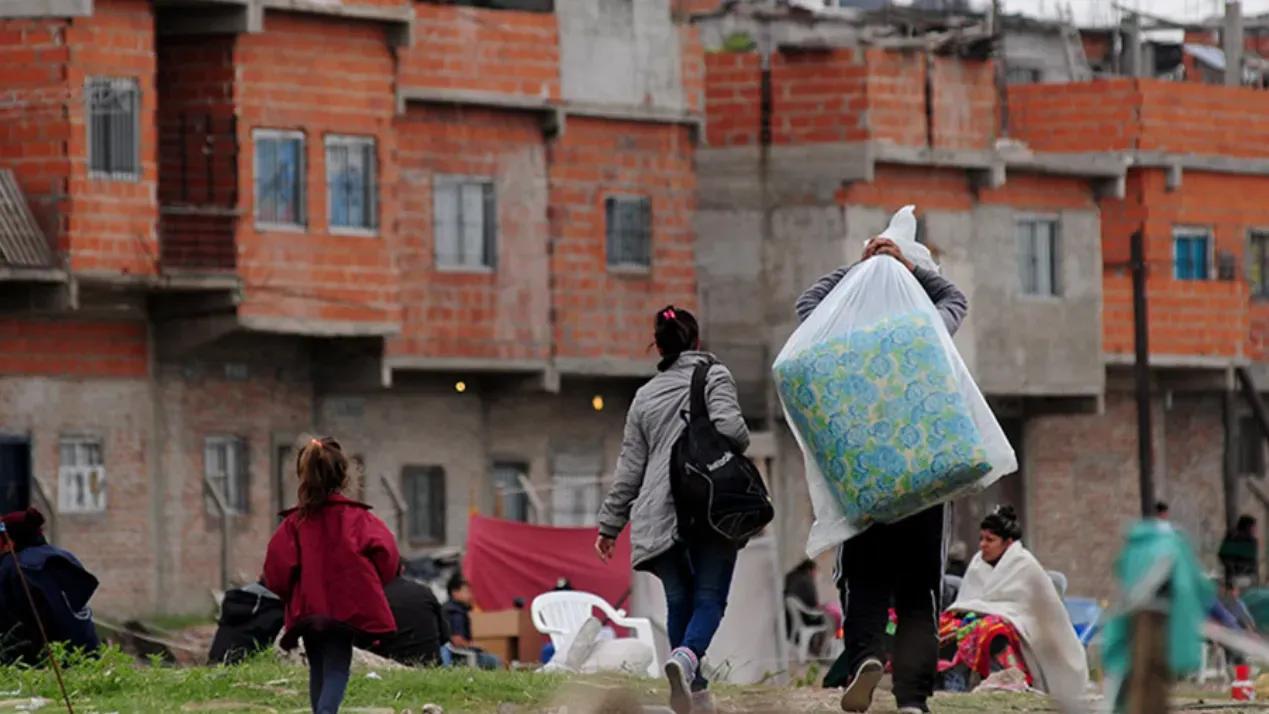The Growing Crisis in Argentina: Are We on the Brink of Repeating the 2001 History?
In recent days, Javier Milei's administration in Argentina has revealed alarming figures: 52.9% of the population is in a situation of poverty. This number is not only shocking due to its magnitude but also because it marks the most abrupt increase since the return to democracy in 1983. During Mauricio Macri's government, poverty showed a decreasing trend since 2003 under the Kirchnerist administrations, but this trend began to reverse, increasing by almost 6 percentage points. Alberto Fernández’s mandate continued this trend, with an additional increase of 6.2 points in the impoverished population.
Extreme poverty has also grown; currently, 18.1% of people are in a situation of extreme poverty, which represents an increase of 6.2 percentage points compared to the previous semester. The most affected regions are the Northeast, with a poverty rate of 62.9%, and the Northwest, with 57%. In Greater Buenos Aires, 52.8% of the population lives below the poverty line, while in the municipalities of the Buenos Aires metropolitan area, the percentage rises to a concerning 59.7%. This deterioration not only reflects the magnitude of the problem but also its geographical extent, severely affecting several areas of the country.
For the first time since 2015, when Mauricio Macri used the "Venezuela factor" for electoral purposes, Argentina's economic and social indicators are dangerously close to those of the Bolivarian Republic. In Venezuela, the poverty rate affects 51.9% of households. During the first semester of 2024, inflation in this country accumulated at 8.9%, while the unemployment rate was at 5.5%. In contrast, Argentina shows an unemployment rate of 7.6%.

Source: France 24
Crossing the Rubicon: Argentina Facing Economic and Political Challenges Similar to Those of 2001
The latent danger in Argentina can be observed as if we were looking through the rearview mirror. Six years ago, before becoming Minister of Development, Daniel Arroyo compared the country’s economic situation under Mauricio Macri’s government with the crisis of 2001 in a interview for El Cronista in 2018: "I don't think we are like in 2001; back then, poverty reached 57%, today it is at 32%. Furthermore, there is greater state coverage: 9 million people receive monetary assistance every month. And third, although the social situation is critical, economic activity still continues. In 2001, there was a total halt in activities."
In addition to facing poverty levels comparable to those of 2001, various economists warn that Argentina is at risk of experiencing a new currency devaluation, similar to the economic crisis of that time. This situation is aggravated by a potential debt crisis, intensely conditioned by the need to reach an agreement with the International Monetary Fund (IMF). The absence of such an agreement could have serious consequences, conditioning the economic future of the government.
The current government’s political weakness also presents parallels with the situation in 2001. Although the current president enjoys popular support according to polls and maintains a firmer rhetoric than De la Rúa's government in 2001, the political weakness and susceptibility to being influenced by other political forces, as popularity declines over time, represent significant risks for the government. This situation highlights the inherent fragility and challenges faced by leadership in a context of increasing economic and social instability.
Argentina is at a critical juncture, with economic and social indicators evoking the darkest moments of its recent history. The alarming poverty rate, coupled with the risk of devaluation and difficulties in reaching an agreement with the IMF, creates a landscape that could lead the country to relive past crises. The situation is further complicated by a political weakness reminiscent of that in 2001, where the lack of consensus and waning popular support could limit the government's ability to implement the necessary reforms. It is essential that there be collaboration among all political forces to avoid repeating the mistakes of the past.

Comments